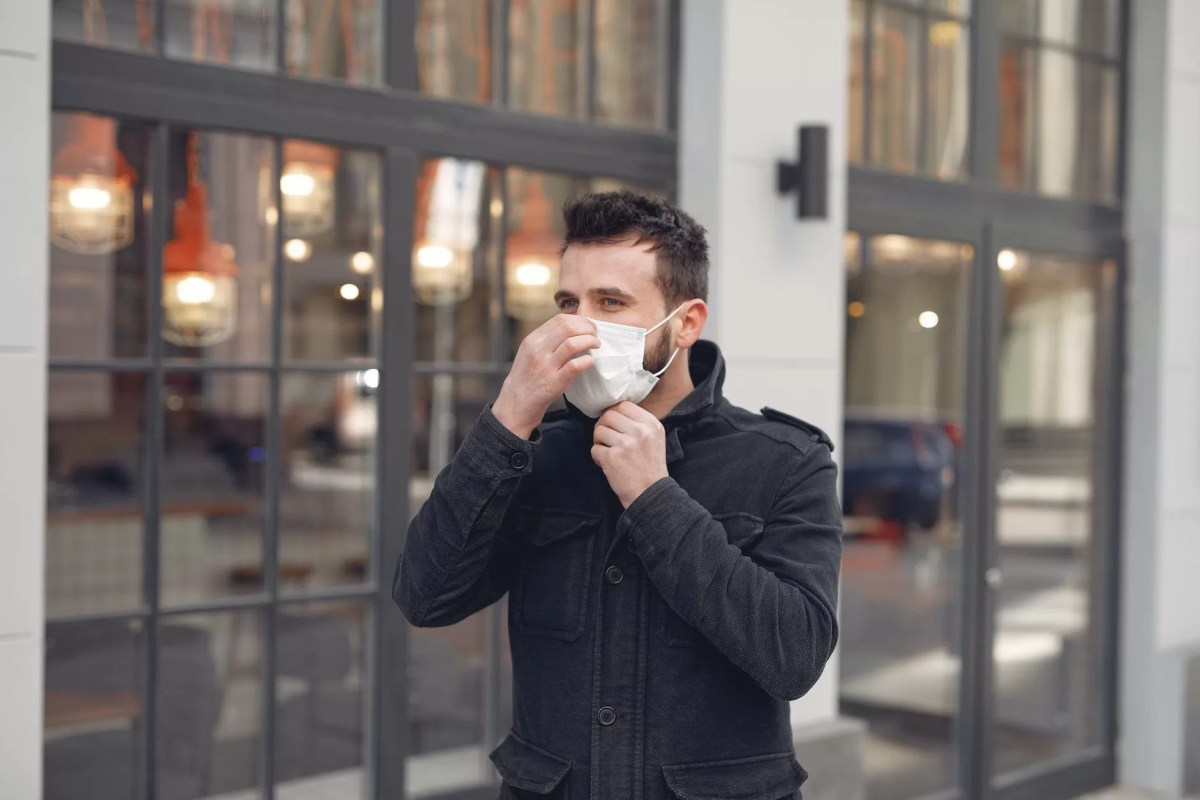Antihistamines are commonly used medications that are helpful in management of various types of allergies. It is also helpful in sneezing, itching, and a runny nose. Whether you suffer from seasonal allergies, hay fever, or allergic reactions, it is necessary to understand the different types of antihistamines. Their uses, and potential side effects can be crucial in finding the right treatment for you. In this article, we will provide a comprehensive guide about antihistamines to help you free from allergic disorders.

What are Antihistamines?
Antihistamines are drugs that work by blocking the effects of histamine, a natural substance released by the body during an allergic reaction. Histamine is responsible for triggering symptoms like itching, swelling, and nasal congestion. By inhibiting the action of histamine, it can provide relief from these uncomfortable symptoms.
Types of Antihistamines:
- First-Generation Antihistamines:
- Diphenhydramine
- Chlorpheniramine
- Clemastine
2. Second-Generation Antihistamines:
- Cetirizine
- Loratadine
- Fexofenadine
Uses of Antihistamines:
Antihistamines are primarily used for the treatment of allergies, but they can also be used for other conditions, including:
Seasonal Allergies:
- Hay fever symptoms (sneezing, itching, runny nose)
- Red, itchy, and watery eyes
Allergic Reactions:
- Insect bites or stings
- Skin rashes or hives
Motion Sickness:
- Nausea and dizziness associated with motion sickness
Sleep Disorders:
- Some first-generation antihistamines have sedative effects and can be used to treat insomnia or promote sleep.
Choosing the Right Antihistamine:
When selecting an antihistamine, several factors should be considered:
Sedative Effects:
- First-generation antihistamines may cause drowsiness, while second-generation antihistamines are generally non-drowsy.
Duration of Action:
- Some antihistamines provide relief for 4-6 hours, while others can last up to 24 hours.
Potential Interactions:
- It’s important to check for any possible drug interactions or contraindications, especially if you are taking other medications.
Side Effects and Precautions:
While generally safe, antihistamines may cause certain side effects, including:
- Drowsiness
- Dry mouth
- Blurred vision
- Dizziness
It’s crucial to follow the recommended dosage and consult with a healthcare professional if you have any underlying medical conditions or are taking other medications.
Antihistamines are valuable medications for managing allergy symptoms and providing relief. By understanding the different types, uses, and potential side effects, you can make an informed decision about the right antihistamine for your needs. Remember to consult with a healthcare professional to ensure the best treatment plan tailored to your specific situation.
Incorporating antihistamines into your allergy management strategy can significantly improve your quality of life hence, allowing you to enjoy the outdoors and live without the burden of allergy symptoms.
For more information visit us on our Youtube channel PharmaTraino, or our website